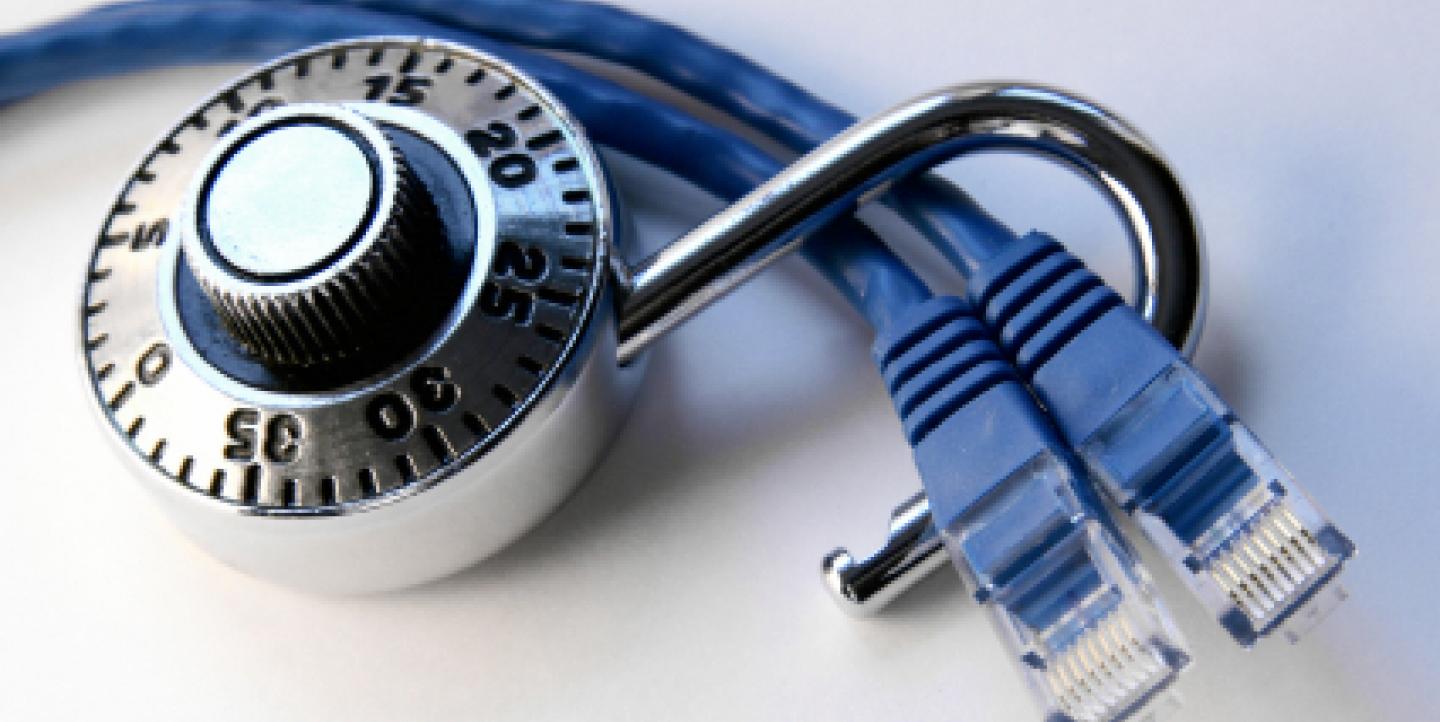Journalists rely more than ever on digital communications, but they often don't think enough about cybersecurity.
Although it's impossible to guarantee your security online, here are five tips that journalists and bloggers can use to boost their privacy and help protect their identity:
1. Always use HTTPS. Check your browser to see whether the URL you are visiting starts with "http" or with "https." HTTPS, or Hypertext Transfer Protocol Secure, grants you an encrypted connection with the server, meaning only you and the server can view this communication. Some sites and online services have made using HTTPS the default option, including Gmail. Others provide you with an HTTPS connection only when you log in to protect your username and password. Afterwards, your connection is not via HTTPS, which means it is not encrypted and can be seen by third parties. For those sites, you can install open-source plugin HTTPS Everywhere, which will connect you with HTTPS where available.
2. Secure your passwords. Most of us have a lot of passwords, and if you are at all concerned about security you need to keep them safe. (Saving them in a browser or on a piece of paper won't cut it.) KeePass is a free, open-source software that allows you to save passwords using only one primary password to unlock them.
3. Browse anonymously. If you want to write anonymously but worry that your identity can be traced, check out Tor browser. Tor is a network of thousands of connection points that allow you to surf the web using a different IP address than your actual one. You move through connections all over the world, preventing others from seeing what you are surfing or sending. There is one drawback, though: navigation through TOR may be sluggish.
4. Safeguard your hard-drive data. Data on your hard drive is also vulnerable, as a recent incident where the Egyptian government attacked non-profit organizations offices and confiscated their computers shows. TrueCrypt, a free, open-source project, can protect the data on your hard drive, making it harder to read by offering extra encryption. Saving your TrueCrypt password on KeePass can be an extra security measure.
5. Use a VPN. Most of us have heard of the term VPN, or virtual private network. Here's how it works: imagine that data runs through a tunnel subject to ISP, government (or both) surveillance. With VPN, you essentially make your own tunnel inside the larger tunnel. To do that, you need a server in a safe country that will allow you to surf the web through that server. Psiphon has a server in Canada that allows users anywhere in the world to use it and surf the web. You can also check out portable apps, where you can install good security apps to your flash drive and use them on any computer.

